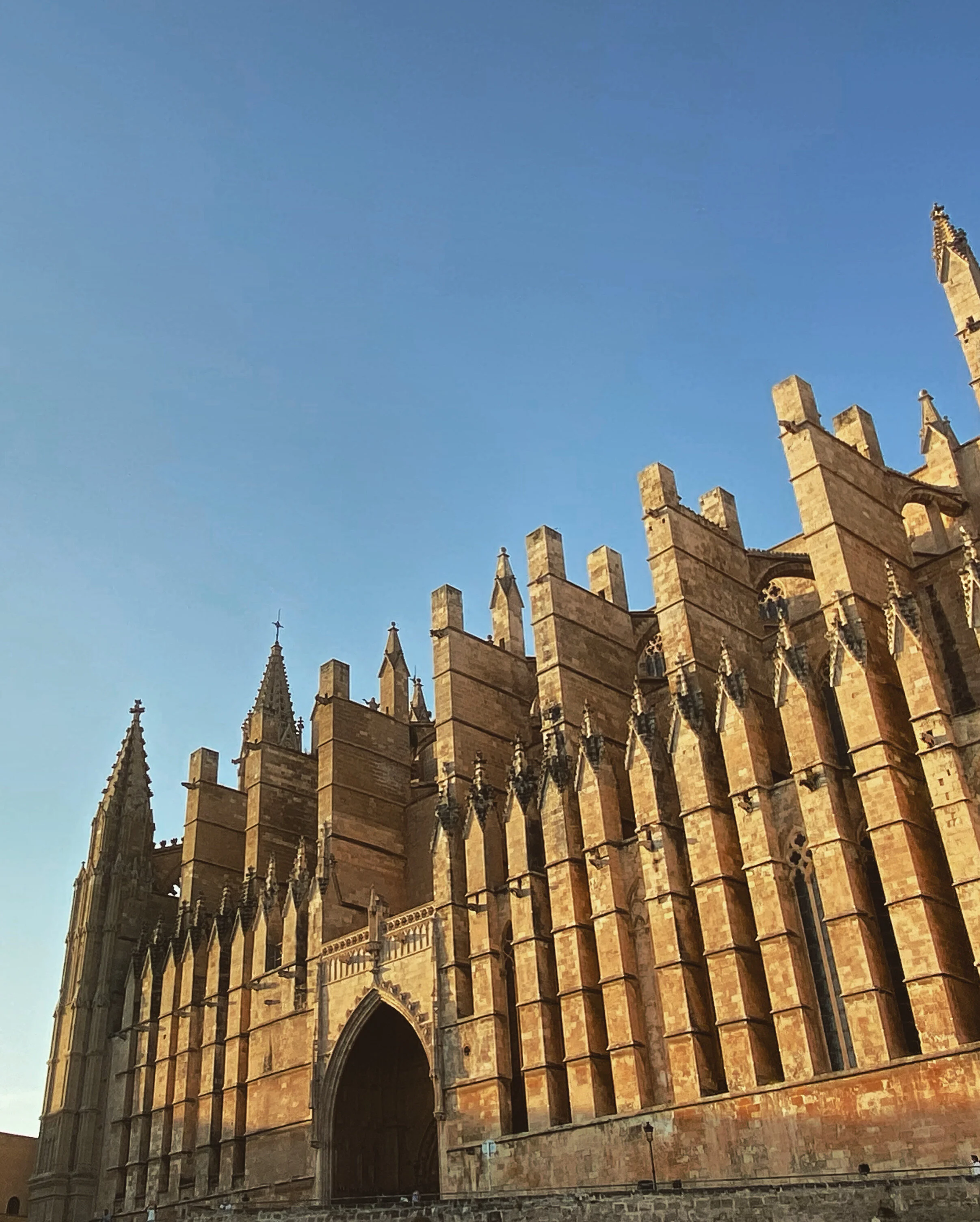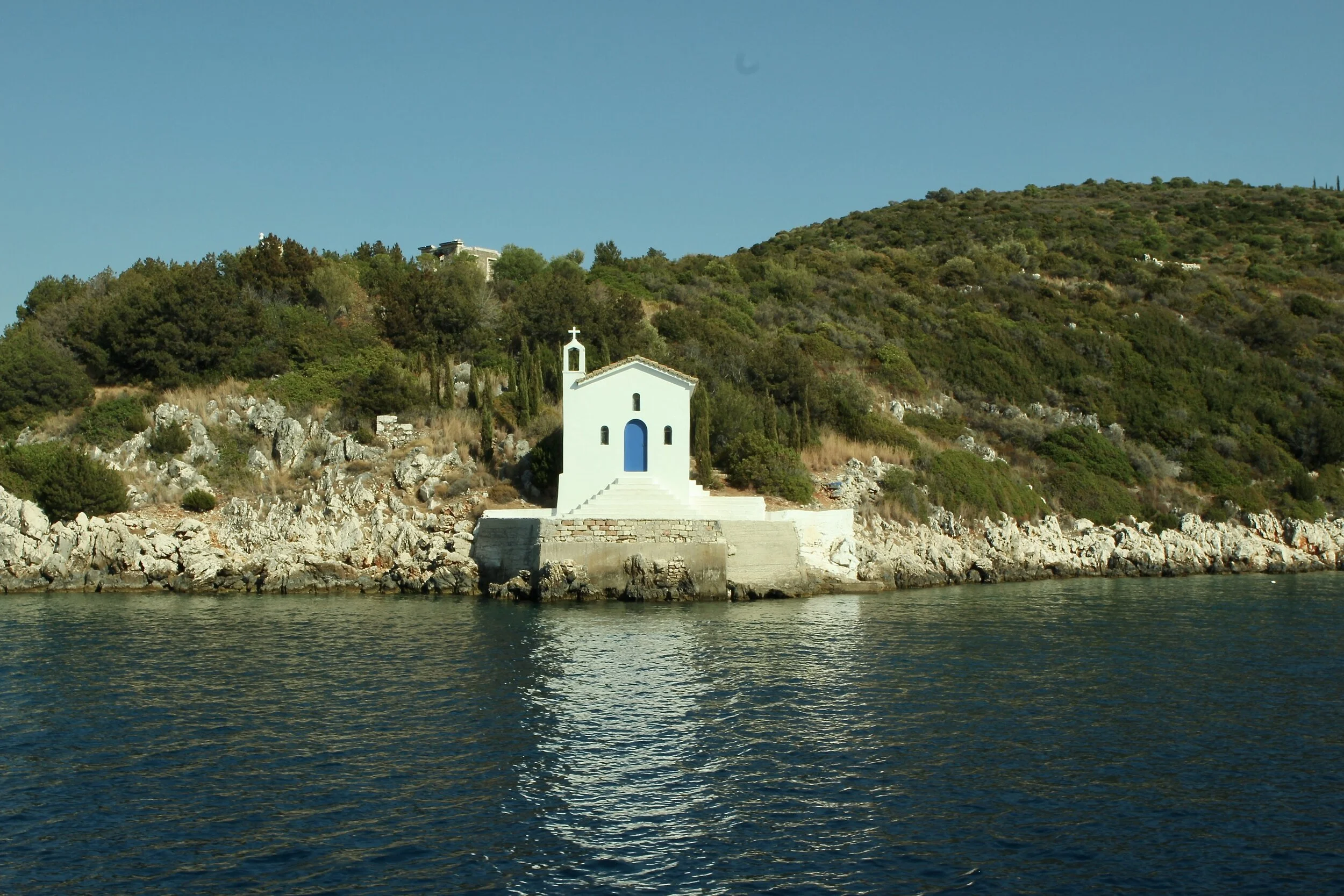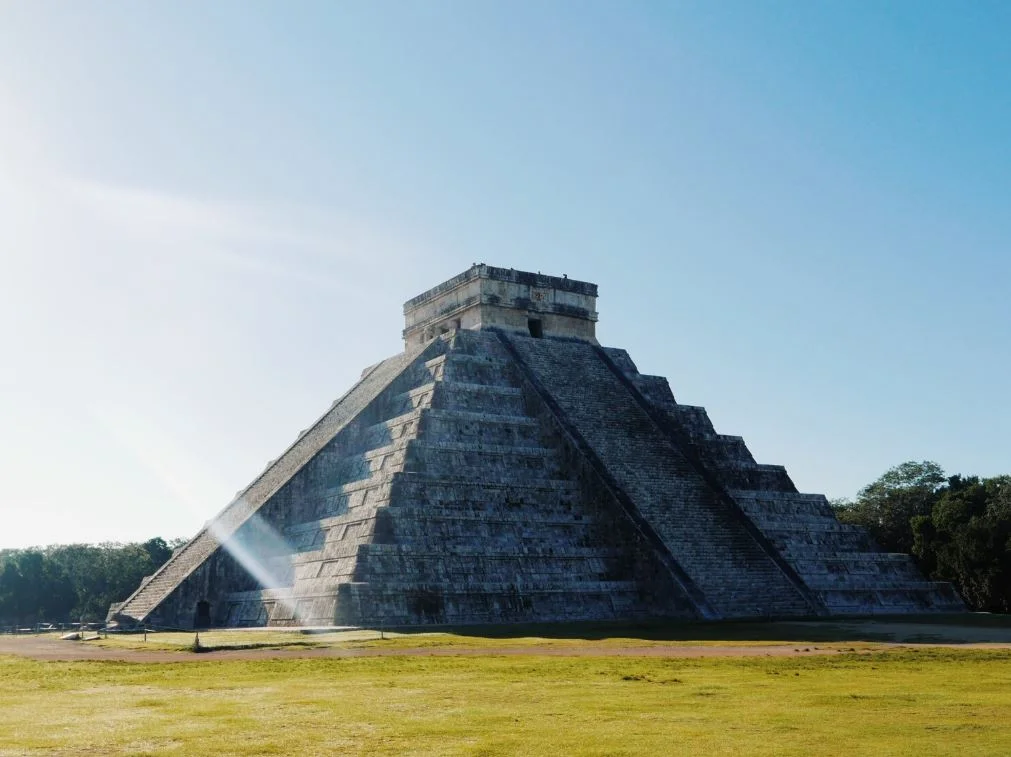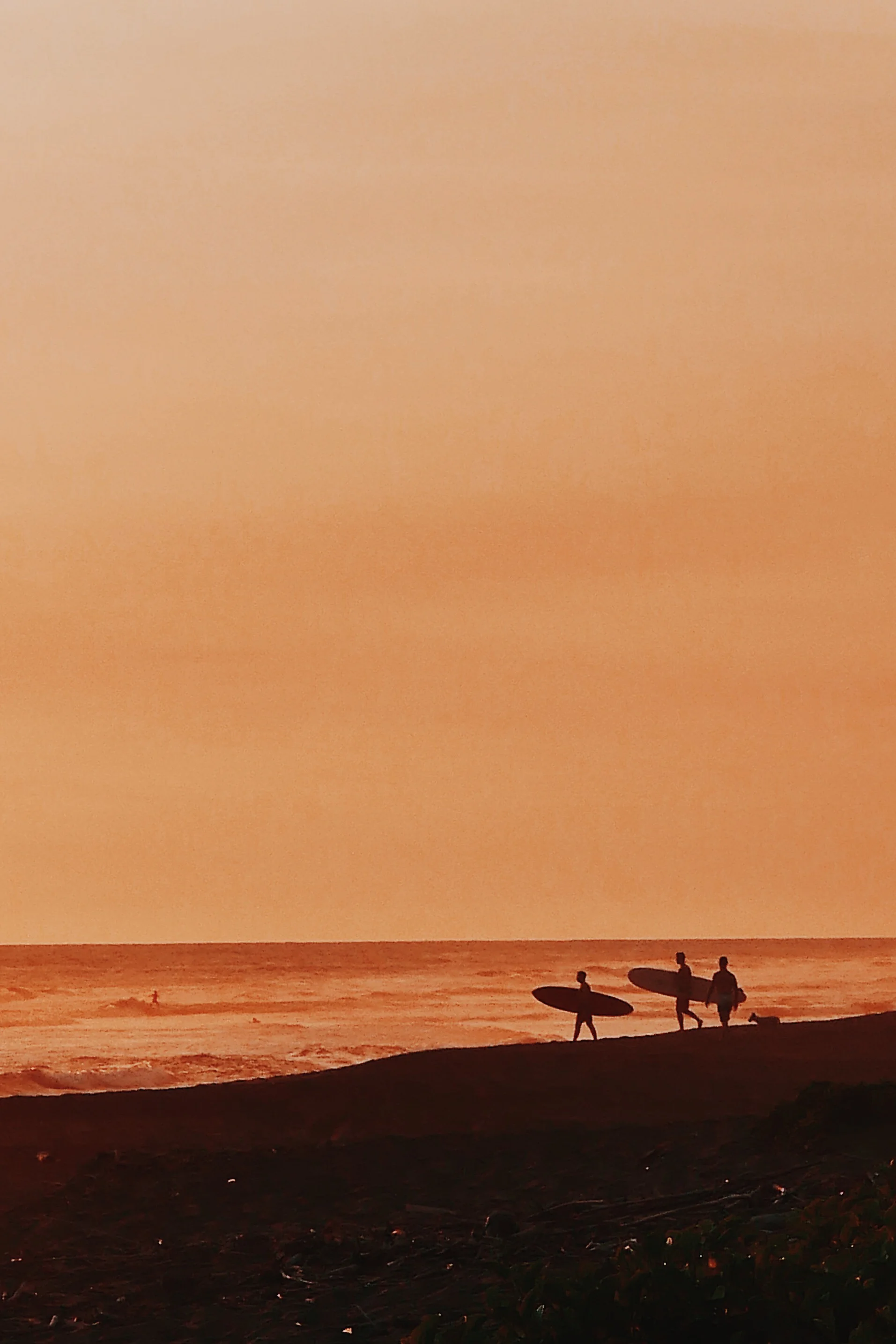WHY WE LOVE THE WATER
“For whatever we lose (like a you or a me),
It’s always our self we find in the sea.”
Like about 10 million other people, we're sharing photos from our travels on Instagram (@the.curious.travel, if you're interested...). Having scrolled through pages (and pages) of photos tagged with #travel, I couldn't help but notice that they disproportionately feature exactly the same thing; in various forms, hues & surroundings, over & over again - Water.
Swimming pools (infinity pools), lakes, rivers & streams, waterfalls, bath-tubs (yes they count), hot-tubs, oceans, a beach, harbour or bay*, feature continuously (often accompanied in frame by someone tanned & invariably blonde).
And that's not really surprising, there are about 332.5 cubic miles of water on the planet, covering more than 70% of it's surface. Earth should really be called Water. It's literally everywhere, so it's bound to find it's way into the occasional photo.
But we do tend to seek it out rather than stumble upon it. 80% of the worlds population lives pretty close to the sea, a lake or a river (as in less than an hour away), but we also tend to travel to other coastal climes. To illustrate the point, the map below shows the density of photo geo-tagging across the globe, clearly showing bias for the beach.
Seriously. What is our pre-occupation with the wet-stuff?
Aside from economy & sustenance, our intimate relationship with water is deep & ancient. Human being's came out of the water, fetuses still have gill-slit structures in the early stages of development (an evolutionary relic) & our brains into adulthood stay at around 80% water. Water means life; figuratively & literally.
We all know the body on water is a hydrated, healthy, saturated peach of a thing, but interestingly enough, so is our psyche.
The Thames at Sonning, Berkshire, United Kingdom
BLUE MIND:
"A mildly meditative state characterized by calm, peace, unity, and a sense of general happiness and satisfaction in the moment"
Wallace. J. Nicholls, PHD
When i've mentioned #BlueMind to friends, people often suggest being in water reminds us of being in the womb. Like some kind of weird foetal throw-back; the reality is a little more complex & little less Freudian.
A watery environment is like a mattress for the mind, providing a whole load of cognitive calming.
THE SCIENCE
Where our brains are constantly attempting to make sense of the world, it takes a fair amount of effort & energy to sieve background information from relevant situational data (anyone who finds being somewhere like Primark on a Saturday a little stressful should relate to this). When we are in nature the predictability of that environment is so much greater, being largely the same from moment to moment, meaning our chaos filtering can have a little rest.
But when we are near water specifically, it gets even better.
Where bodies of water stay the same & shift simultaneously, we get both the soothing consistency mentioned above, as well as the occasional hit of novelty. A splash, ripple, large wave or disturbance to the familiar pattern creates surprise triggering our curiosity (see previous post), releasing a lovely hit of our favourite neuro-transmitter: Dopamine! Mmmm gimme all that dopamine.
THE SENTIMENTAL
Aside from the chemical high, we also harbour a lot of sentimental love for water, it seems to trigger an enormous emotional response. The Romantic in me believes humans have an intense emotional response to water, quite separate to anything cognitive or rational. This means we have to go beyond the practicalities when we think about our relationship with lakes, rivers, the ocean. But even emotion is chemical, and with the help of MRI, ECG & others, neuroscience has embraced the call to unpack this. The triggering of our curiosity, caused by the contrast of consistent & novel movement of water, triggers the stimulation of the Hippocampus. This part of the brain supports the creation of memories & learning; giving us lots of lovely re-call of special or pleasant times near the water-edge.
I think the more cognitive we are of our physical & emotional connection with nature, the greater benefit we can draw from it. A recognition of how it calls to us as human beings allows a greater ability to embrace how it makes us happy.
FINDING BLUE:
So how do we get more of that watery wellness? You could always take a look at Instagram for some inspiration, but given you're already here, here are some examples & the science behind them:
a LONG HOT SOAK
Basically immersion therapy. It's been going on for a SERIOUSLY long time. Roman's, Ancient Egyptions, early Indian's all did it, and we haven't yet let the side down. The association between bathing & stress reduction is largely to do with balancing the flux between the sympathetic nervous system (preparing the body for physical response) and parasympathetic nervous system (preparing the body for rest) - Helping to reduce anxiety & psychological stress.
CATCH A WAVE
Getting into "flow" by sitting out in the ocean & then catching a wave, makes a huge amount of sense in the context of the science above. This "Surfer's Stoke" is highly addictive, made up of potent mix of athletic induced endorphins & dopamine. It's a neuro-chemical rush; carefully orchestrated from the paddling out, the wait & finally the ride back in.
SOME FISH IN A BOX
Aquariums are weird. We put a lot of fish in a glass box, sometimes with jaunty castles & tunnels. Odd. But they have their perks. The link between aquariums & relaxation was proved a long time ago (c. 1990). Watching fish in aquariums lowered blood pressure, heart rate thus increasing physical & mental relaxation - No wonder they are a staple feature at so many dental surgeries.
BREAST-STROKE
When you swim, your muscles are constantly stretching & relaxing in a low impact, low stress environment, whilst you breathe in an incredibly regulated & rhythmical way (you'd hope). Where swimming is a learned skill, you also require a little cognitive effort. This is basically Yoga. It helps put you into a quasi-meditative state. Add a hit of some endorphins & endocannabinoids (our natural pain-killer) produced by any aerobic exercise & you, my friend, are mega-chill.
It's fair to say then, that our pre-occupation with water is driven by something more than just how pretty it looks in an Insta-filter.
We came from it, are made of it, survive off it & connect to it; body & soul.
*When listing these out, I asked Nick to think of some other bodies of water in case i'd missed something obvious. He helpfully contributed the following; Oxbow lake, tarn, loch & puddle so please be aware this posts refers to them too.
[The vast majority of this research has been collated by Wallace. J. Nichols, Author of: Blue Mind: The Surprising Science That Shows How Being Near, In, On, or Under Water Can Make You Happier, Healthier, More Connected, and Better at What You Do 2014. - The above posts combines several excerpts from the book as well as articles on line. Thank you for your work. I loved learning about it]
MORE FROM THE CURIOUS TRAVEL
Up for more adventures ? We’re forever writing more about our travels - Have a little look below for more inspiration











